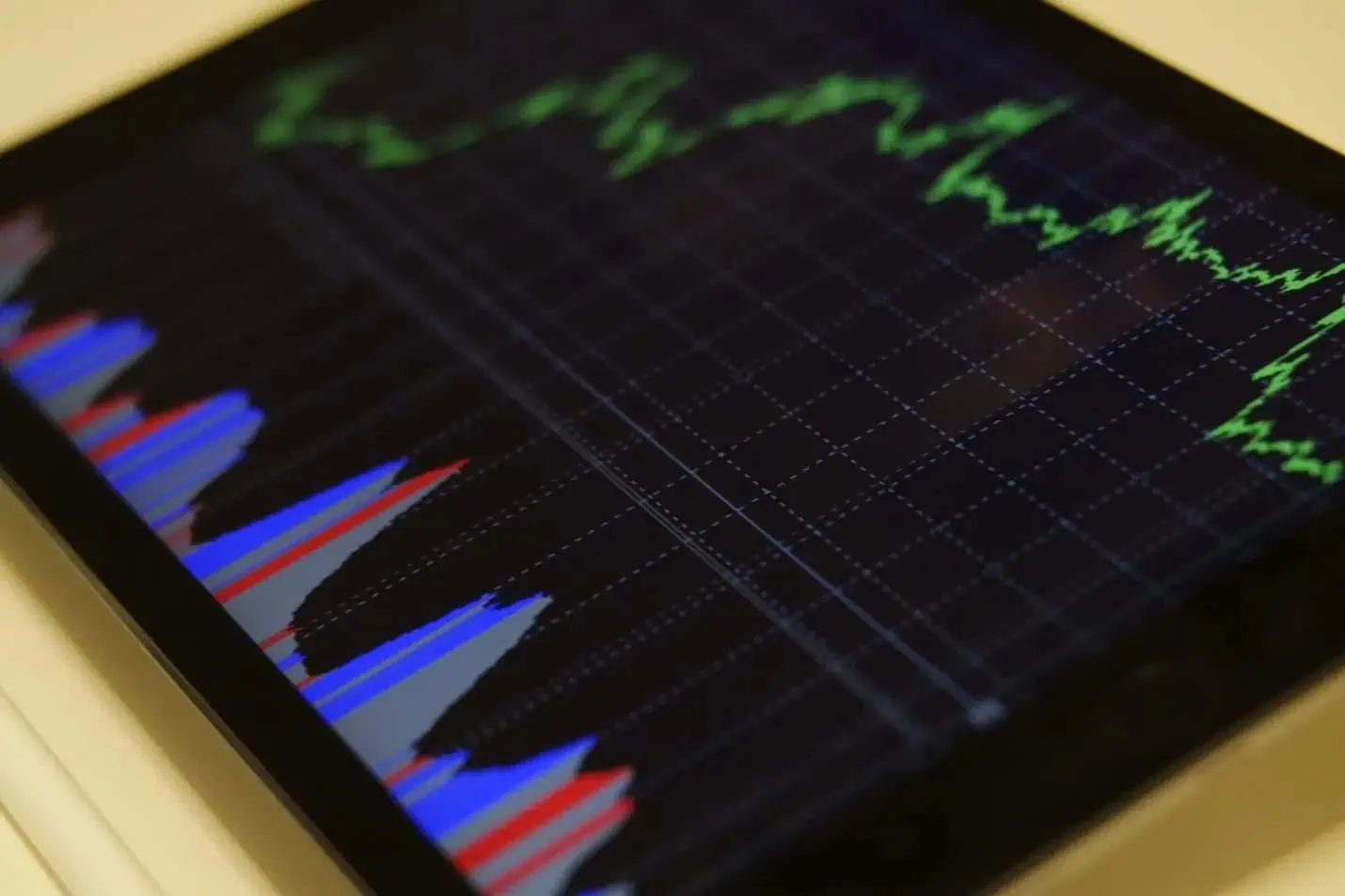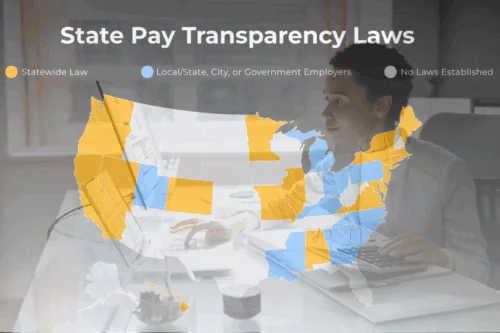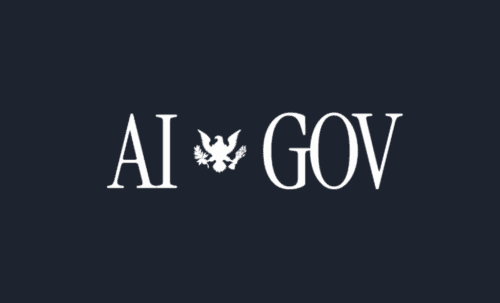Welcome to the start of something exciting. Understanding the economic landscape is crucial if you’re on the cusp of your career journey or seeking new horizons. JPMorgan’s recent GDP expansion projections bring hope and a dose of reality. They signal change, progress, and challenges ahead.
In this guide, we’ll unravel what these projections mean for you. From the impact on job security to the role of digital transformation in the economy, we’re here to navigate these waters together. The goal? To equip you with the knowledge and confidence to make informed decisions about your future.
Whether you’re eyeing the tech sector, dreaming of a nonprofit role, or curious about the impact of monetary policy on your wallet, this guide has something for you. Let’s dive into GDP expansion, economic trends, and strategic career moves. Your journey starts here, and the possibilities are endless.
GDP Expansion: What JPMorgan Projections Predict
In a recent report, JPMorgan projections offered a hopeful glimpse into the future of the U.S. economy. They forecast a 2% growth in GDP during the second half of 2023. The pace slows a bit to 0.5% for early 2024. But why does this matter?
These numbers suggest the U.S. is doing better than many thought. A 2% growth rate is solid, signaling a robust economy. The slight dip expected in 2024 isn’t as dire as it sounds. It suggests we’re still moving forward, just at a steadier pace.
JPMorgan’s insights don’t just appear out of thin air. They’re grounded in critical areas:
- Consumer Spending: As the backbone of the economy, strong consumer spending means people are buying. This keeps the economy humming.
- Monetary Policy: involves managing the nation’s money supply and interest rates. JPMorgan thinks the recent uptick in rates is nearly over, which could ease pressure on the economy.
But how ready are we to tackle changes in our economic landscape? As the economy evolves, roles in strategy and planning become crucial. They help businesses adapt and thrive. Ready to dive into this field? Explore digital platforms and inclusivity, where innovative progress is the norm.
These projections are more than numbers. They’re clues to how we might live, work, and invest in the coming months. For a deeper dive into JPMorgan’s projections, check their 2023 Economic Outlook.
Why JPMorgan’s Projections Matter
It’s easy to overlook the impact of GDP projections. Yet, they shine a light on our economic path. JPMorgan projections hint at a resilient U.S. economy. This bodes well, not just for businesses but for everyone.
Here’s why these numbers are crucial:
- Job Security: A growing GDP means companies do well. This often leads to more jobs and better wages.
- Investment Opportunities: Positive growth attracts investors. This can mean more funds for startups and innovation.
But it’s not just about the numbers. A closer look at JPMorgan’s outlook reveals two key players:
- Monetary Policy Endgame: With interest rates potentially steadying, businesses and consumers might find relief from the pressure of loans and spending.
- Consumer Confidence: A steady economy boosts confidence. People may be more willing to spend and invest, fueling further growth.
This forecast serves as a barometer for economic health. It offers a snapshot of what’s to come and how we might plan. Are you interested in how this influences the job market? Check out the Bureau of Labor Statistics for the latest employment trends and explore how to make strategic career choices in an evolving economy with our guide on strategy and planning jobs.
To put this into a global perspective, comparing these projections with global economic indicators is informative. A good resource for this is the World Bank’s reports, which offer deep insights into global economic trends and forecasts.
A Quick Look at Economic Health
Now, let’s zoom out. Beyond JPMorgan’s forecast, what does GDP tell us? Simply put, it’s a health check. A growing GDP shows our economy is on the up. But it’s not just about growth.
Here’s what else we look at:
- Inflation: Too high, and buying power dips. We need it just right.
- Employment Rates: More jobs mean more spending. This keeps the economy lively.
So, when JPMorgan predicts expansion, it’s good news. But we also need to stay sharp. Watching other signs helps us get the whole picture. What’s more, this health check isn’t just for economists. It matters to everyone. For instance, knowing about inflation helps you plan. And is it understanding job trends? It guides your career choices.
Also, these insights fuel decisions from big companies to small businesses. They all use this data to strategize. And so should you. Sharp moves now could pay off later.
GDP projections open doors. They show us where we’re going and what challenges we might face. So, keeping an eye on them is critical. And remember, staying informed is your best tool in an ever-changing world.
The Role of Consumer Spending
Let’s dive deeper into why consumer spending is a big deal for GDP growth. When people buy things, the economy gets a boost. It’s like fueling a car to keep it running. In JPMorgan’s view, strong spending means the economy is doing well.
Here’s how it works:
- More Purchases: Every time you shop, you’re aiding growth.
- Business Growth: Companies thrive when sales increase, leading to more jobs.
And it’s not just about buying more things. Where we spend matters, too. Online shopping, for example, has surged. This shift impacts everything from retail to tech jobs.
But there’s a balance. Too much spending can trigger inflation. So, steady growth is critical. It keeps the economy healthy without pushing prices too high.
Interestingly, this spending ties back to jobs. Good jobs mean people can afford to buy. This cycle of earning and spending drives our economy.
So, next time you make a purchase, remember its impact. It’s part of a larger story of our economic health. And for those curious about job trends in this changing landscape, check out the latest on Purchasing-Procurement Jobs. It’s a field that directly relates to consumer spending patterns.
Understanding Monetary Policy
Monetary policy might seem complex. At its heart, it’s how the Federal Reserve controls money flow and interest rates. This policy plays a huge role in economic health. And, as JPMorgan notes, we’re nearing the end of a cycle of rate hikes.
Here’s why that matters:
- Lower Rates: They make loans cheaper. This encourages spending and investment.
- More Money Flow: With more money moving, the economy can grow at a healthy pace.
This balancing act is critical. It keeps inflation in check while fostering growth. Too much money flowing too fast can spike prices. But just enough? It fuels everything from big projects to everyday purchases.
Moreover, JPMorgan’s projections of monetary policy help businesses and consumers alike. For businesses, it means better planning for loans and expansions. For consumers, it affects everything from mortgages to savings rates.
It’s an exciting time with the Fed signaling a pause on hikes. It could mean a steadier economy ahead. For a closer look at how these trends might affect specific roles, check out insights on Nonprofit Jobs. No matter the sector, monetary policy touches every corner of the job market.
For those keen on a deeper dive into monetary policy and its implications, the Federal Reserve’s official website offers a wealth of information. Additionally, consider visiting the International Monetary Fund (IMF) for world economic outlooks and analyses to see how these policies play out globally.
Facing Inflation Head-On
Inflation is a word that often causes worry. Simply, it means the cost of goods and services goes up. JPMorgan’s projections indicate a cautious optimism for global economic growth, balancing potential downturns with modest expansions in various regions
Why does it matter? Here’s the deal:
- Cost of Living: As prices rise, people’s buying power drops. This can pinch everyone’s wallet.
- Interest Rates: To fight high inflation, interest rates may rise, affecting loans and savings.
However, there’s a silver lining. When managed well, inflation can indicate a healthy economy. It shows demand is up, driven by consumer spending and business growth.
But staying ahead requires effort. Companies adjust prices and wages. Consumers rethink budgets. The Federal Reserve monitors it all, tweaking monetary policy as needed.
Understanding inflation’s impact is crucial for those of us watching our finances. It helps plan better for savings, investments, and everyday spending. For economic buffs, tracking inflation trends offers insights into the economy’s direction.
Keeping an eye on inflation means being prepared. Awareness is critical, whether adjusting household budgets or making informed investment decisions. Together, we can navigate the ups and downs, ensuring a steadier journey.
Digital Transformation in the Economy
The digital world is changing how we live and work. This transformation affects the GDP, too. JPMorgan’s projections show growth and digital advancements play a big part. Here’s how:
- E-commerce: Online shopping is booming. It boosts retail but challenges traditional stores.
- Remote Work: More people working from home means new needs and spending habits.
Plus, digital tools help businesses to be more efficient. They can reach customers worldwide with just a click. This openness leads to more opportunities and, yes, more challenges.
However, the rise in digital work calls for new skills. Workers need to adapt. Companies seek fresh talents in tech and beyond. Are you looking for a role in this digital wave? Post your resume and search for digital job listings today on Diversity Employment.
While we enjoy the benefits of digital shopping and services, staying updated is vital. Understanding the latest tech trends can lead to better career and investment choices in a digitally transformed economy.
Strategic Career Moves in a Growing Economy
With JPMorgan’s GDP expansion projections, it’s clear the economy is evolving. So, how do you fit in? Now is the time to consider your career path, especially in sectors likely to grow.
Here are a few ideas:
- Learn New Skills: Stay ahead by adapting to new technologies and trends.
- Explore Diverse Fields: Consider roles in areas showing promise, like tech or green energy.
Also, don’t overlook the impact of digital transformation. It’s reshaping jobs everywhere. Being digitally savvy opens doors. It’s not just about tech roles. Almost every job now needs some digital know-how.
Besides, in a robust economy, companies look for talent to help them grow. They value innovation and adaptability. Showing you can think ahead makes you stand out.
Ready to make a move? Exploring nonprofit jobs could reveal unexpected opportunities in a sector that evolves with the economy.
Growth brings challenges but also chances to shine. So, keep learning, stay flexible, and be ready to seize opportunities in this growing economy.
FAQs
What does GDP growth mean for me?
GDP growth signals a healthy economy. It could mean more job opportunities and possibly higher wages.
Can inflation affect my daily life?
Yes, inflation means prices rise. This could impact your spending on groceries, gas, and more.
Why is consumer spending necessary?
It drives the economy. When people spend money, businesses grow, creating more jobs and opportunities.
How does monetary policy impact me?
It affects interest rates for loans and savings. This can change your mortgage rates or savings growth.
Should I worry about a slow GDP growth rate?
Not necessarily. Even slow growth means the economy is expanding, just more cautiously.
How can I prepare for economic changes?
Stay informed, manage your finances wisely, and be open to reskilling or upskilling for future job markets.
Conclusion
JPMorgan’s GDP expansion projections offer a beacon of optimism. They suggest growth, resilience, and a steady path ahead. From understanding inflation to navigating career shifts, being informed is critical. Every piece of the economic puzzle affects us all, from spending habits to job opportunities.
Now, armed with knowledge, it’s time to act. Whether you’re just exploring job hunting websites, adapting to digital changes or eyeing new career paths, staying ahead matters, and remember, you’re not alone on this journey. Join Diversity Employment today. Dive into a community that values inclusive growth and offers resources to navigate the evolving job market. Here, you’ll find guides, job listings, and insights tailored to help you succeed in a dynamic economy.




